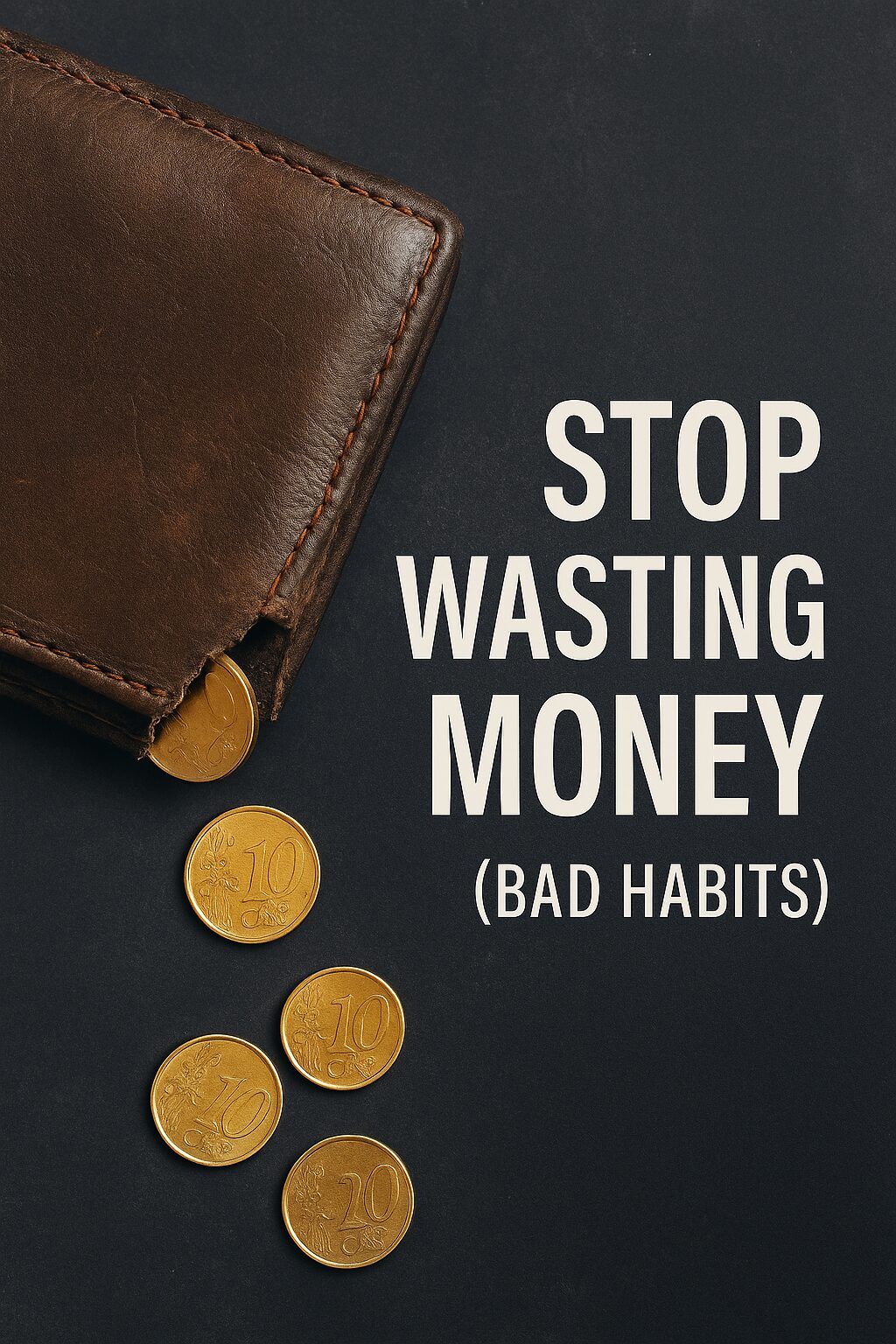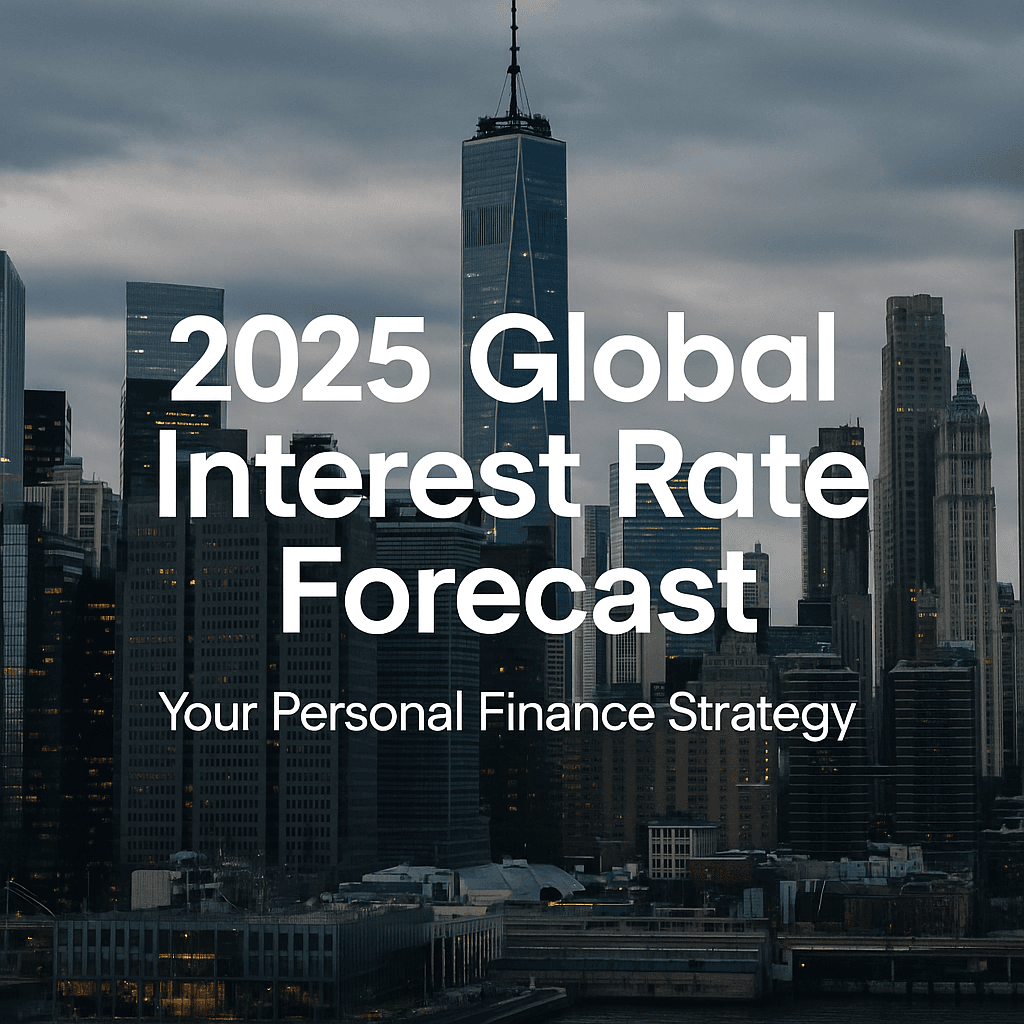Most people think wealth is built by sudden windfalls — winning big, launching a startup, or climbing a corporate ladder.
But the truth is, most quietly wealthy people didn’t get rich fast.
They got rich slowly, consistently, and intentionally — through small daily habits that stack up over time.
In 2025, real wealth is no longer about how much you make.
It’s about how well you manage your behavior.
Let’s dive into the simple, daily habits that quietly build long-term wealth.
1. Check Your Accounts Daily (But Don’t Obsess)
Wealthy people stay aware — not anxious.
A 30-second glance at your bank balance, recent transactions, and pending bills keeps you in control.
No spreadsheets. No guilt. Just awareness.
You can’t grow what you ignore.
2. Automate Every Transfer You Can
Savings, investments, bill payments — automation is a rich person’s best friend.
Why? Because it removes willpower from the equation.
Set recurring transfers for:
- Emergency fund contributions
- Retirement savings
- Rent, insurance, utilities
- Investment deposits (ETFs, crypto, etc.)
Make your money move without asking you first.
3. Read Something That Improves Your Financial Thinking (10 Min Daily)
Not financial news — financial thinking.
This includes:
- Books on mindset
- Stories of wealth journeys
- How systems work (debt, taxes, markets)
- Minimalist living
- Investing frameworks
Build your financial brain, one page at a time.
4. Delay Every Non-Essential Purchase by 24 Hours
This single habit can save you thousands.
Why it works:
- Reduces emotional purchases
- Gives your brain space to reassess
- 80% of the time, you won’t even want it the next day
Your wallet doesn’t need impulse — it needs clarity.
5. Track Your “Money Wins” – Not Just Expenses
Most budgeting apps show you what you spent.
Try this instead:
- Log every time you didn’t buy something
- Note when you negotiated, canceled, paused, or optimized
These wins are wealth decisions — and deserve to be celebrated.
6. Spend 5 Minutes a Day Reviewing One Subscription, Bill, or Habit
Wealth doesn’t leak from one big hole.
It leaks from dozens of tiny cracks.
Each day, take 5 minutes to:
- Review your phone plan
- Check a recurring payment
- Audit a digital subscription
- Look for bank fees or waste
One leak fixed per day = 30 wins a month.
7. Surround Yourself with Financially Intentional People
You don’t need rich friends — you need intentional ones.
That means people who:
- Talk about goals, not gossip
- Share money tips without shame
- Ask “what’s the ROI?” instead of “who else has it?”
If wealth is your destination, community is the fuel.
8. Visualize Your Long-Term Wealth Every Morning
Wealth starts in the mind.
Take 2–3 minutes each morning to mentally see:
- A debt-free version of yourself
- Your $10,000 emergency fund
- Passive income deposits
- A calm, secure financial life
What you picture, you move toward.
9. Use the “What If This Cost 3x?” Filter
Every purchase decision gets this mental test:
“If this cost 3x more, would I still want it?”
This resets your values fast.
If you’d pay 3x for books, courses, therapy, or investing tools — great.
But if that $80 shirt wouldn’t pass at $240, maybe it’s not worth it at all.
10. Say “No” Once a Day to Something That Doesn’t Move You Forward
Wealth is often about what you don’t do.
Say no to:
- FOMO invites
- Unnecessary upgrades
- Clutter purchases
- Social pressure
Every “no” is a “yes” to your long-term goals.
Final Thoughts
You don’t need a million dollars to start acting like a millionaire.
You just need 10 small habits — repeated consistently.
These aren’t tactics for rich people.
They’re daily patterns that make people rich.
Not loudly. Not overnight.
But surely, quietly, and without regret.


